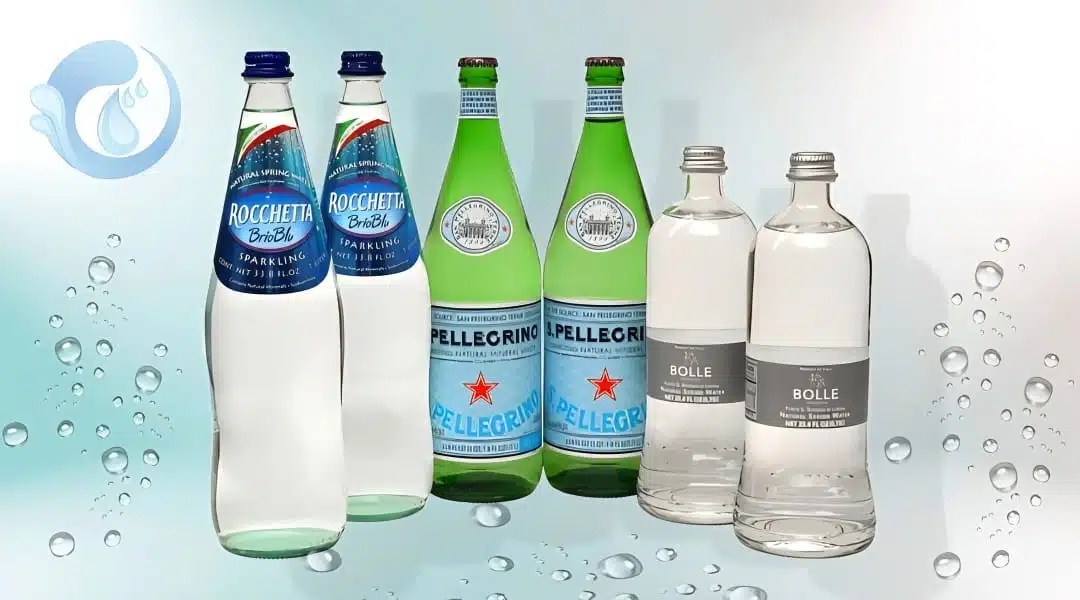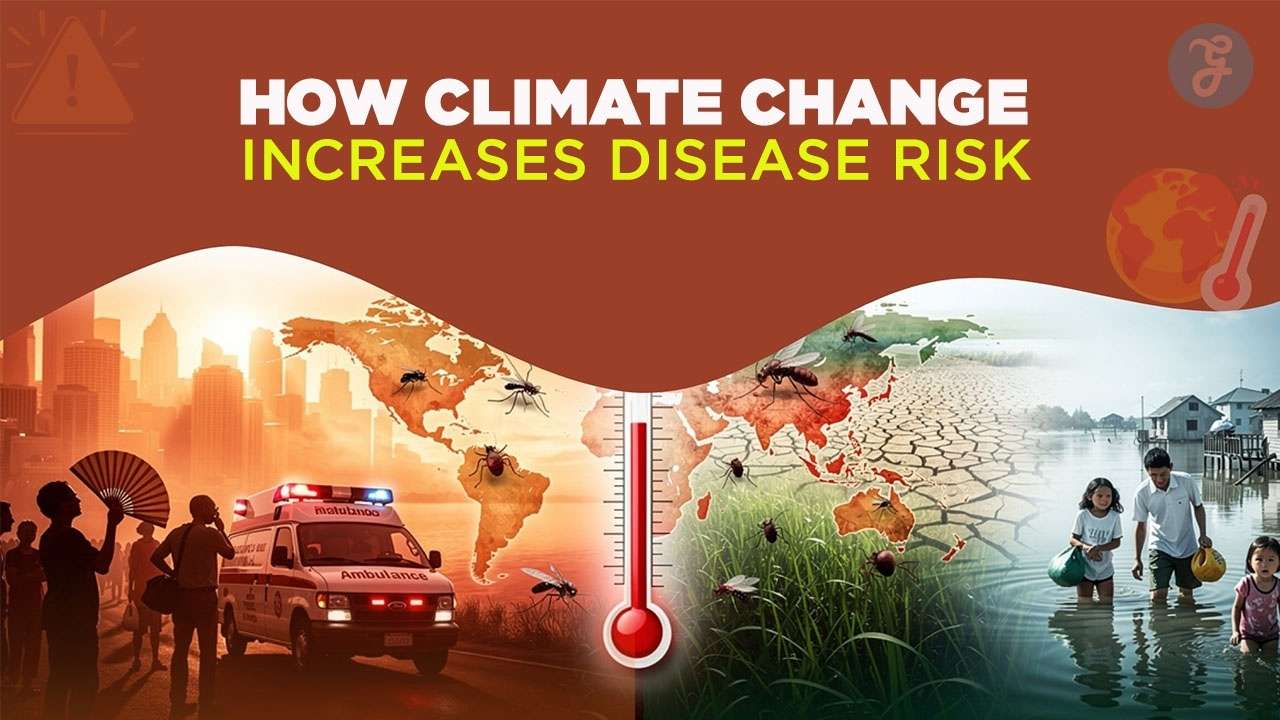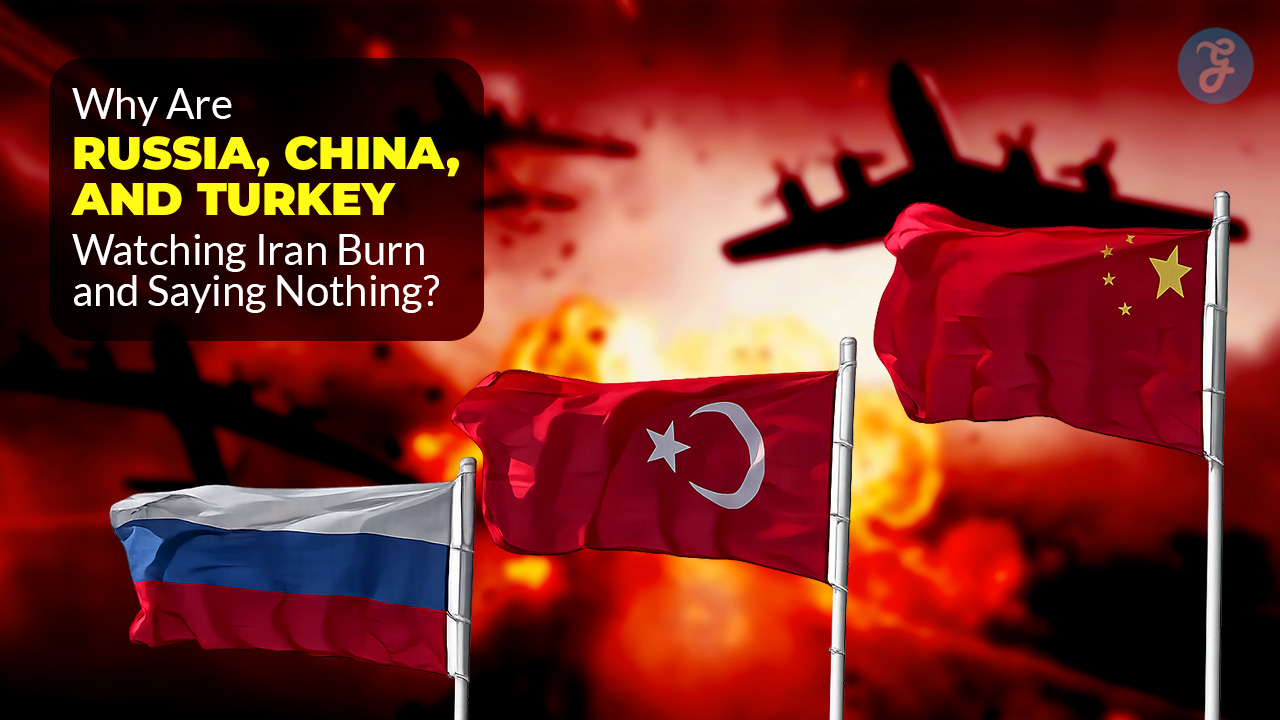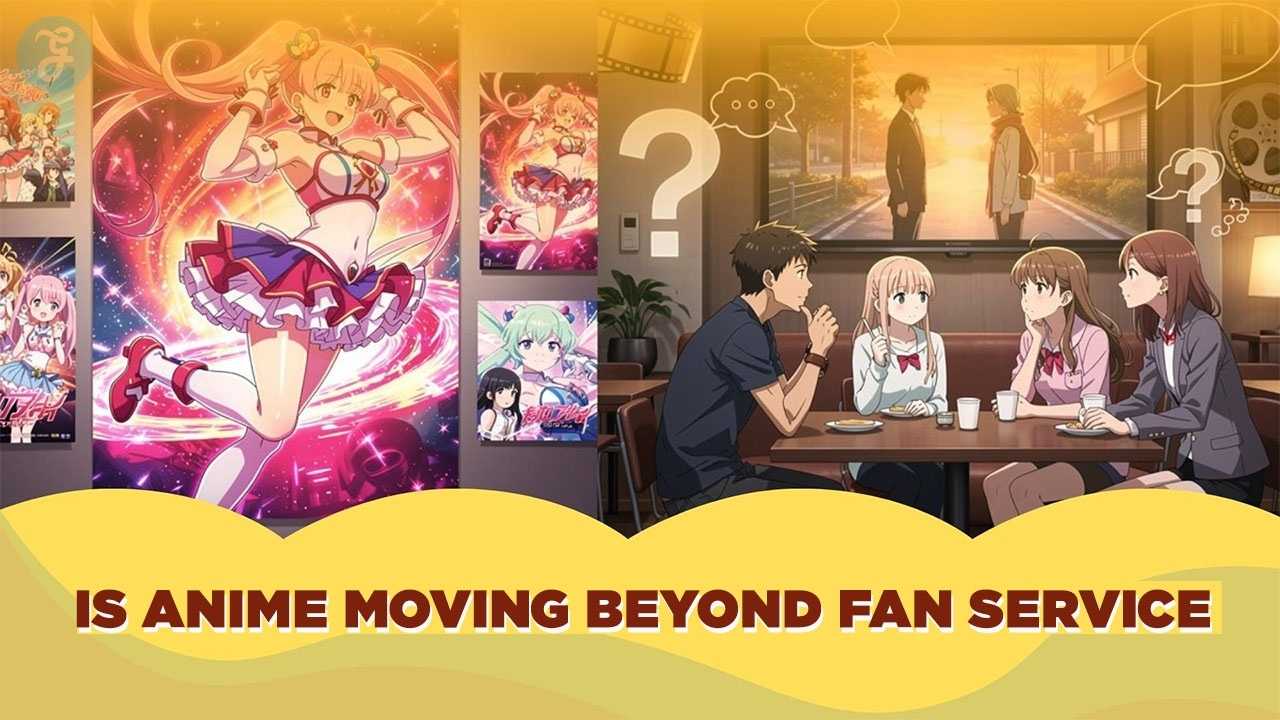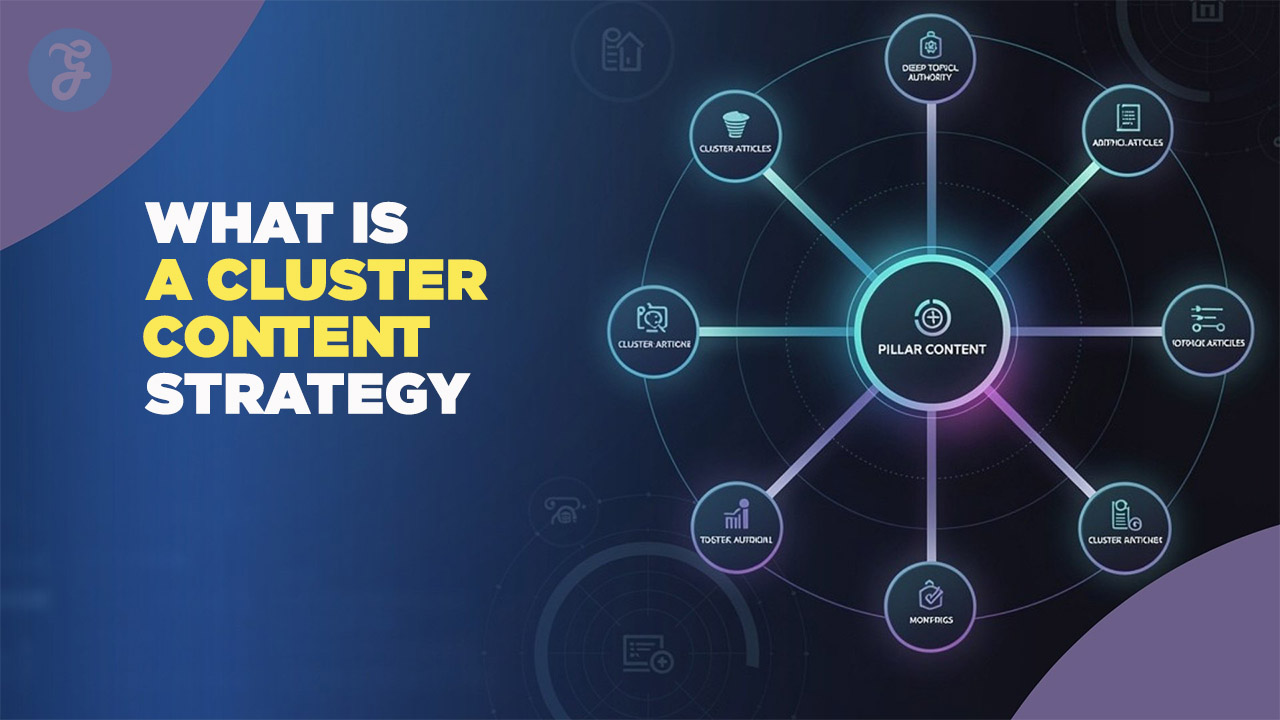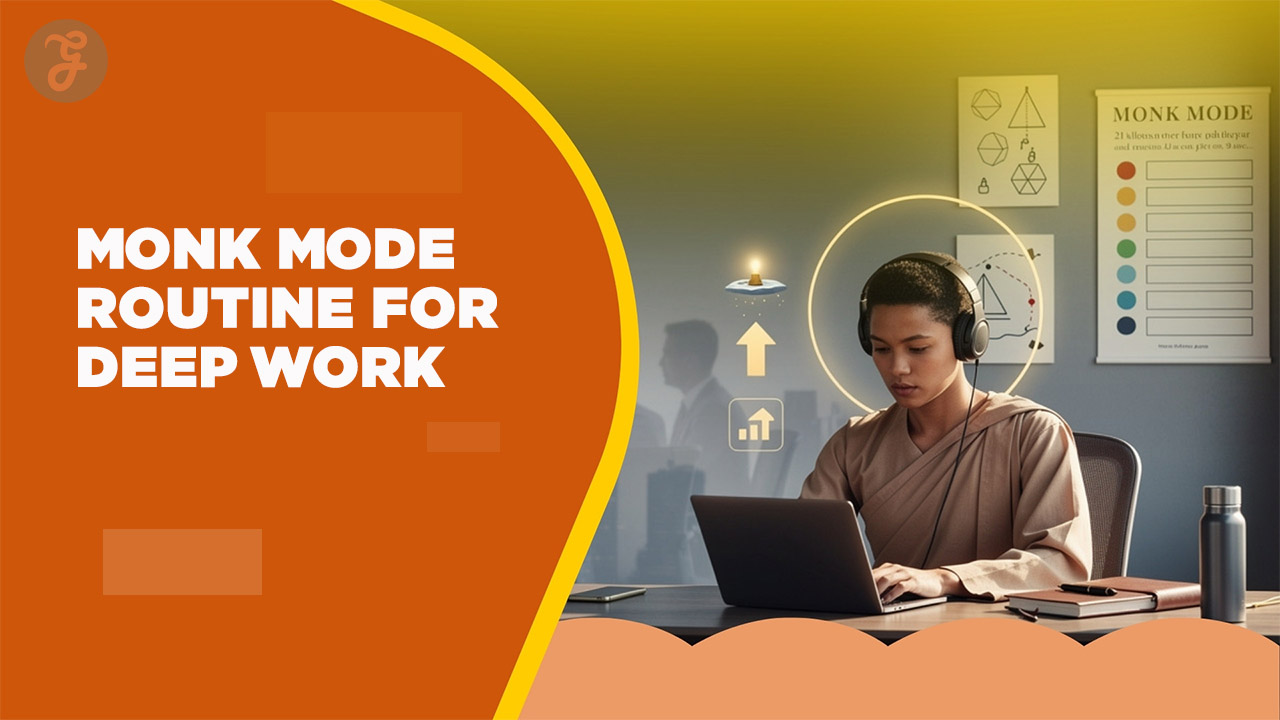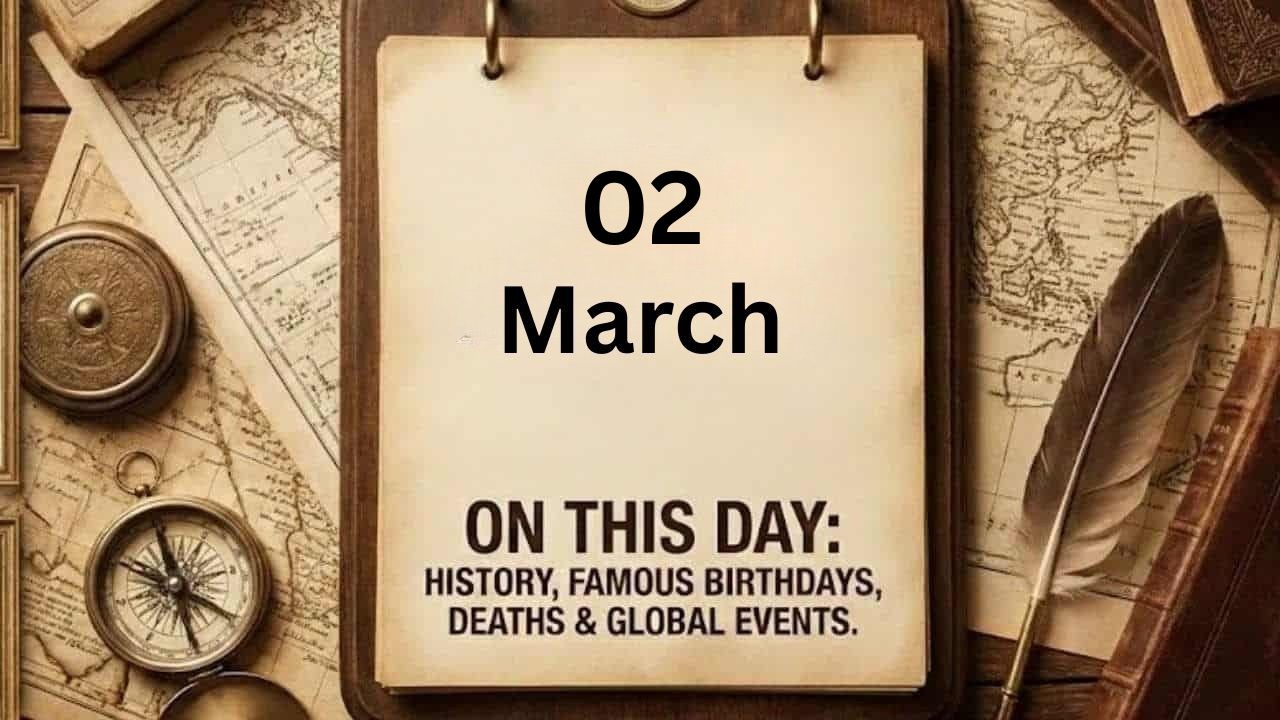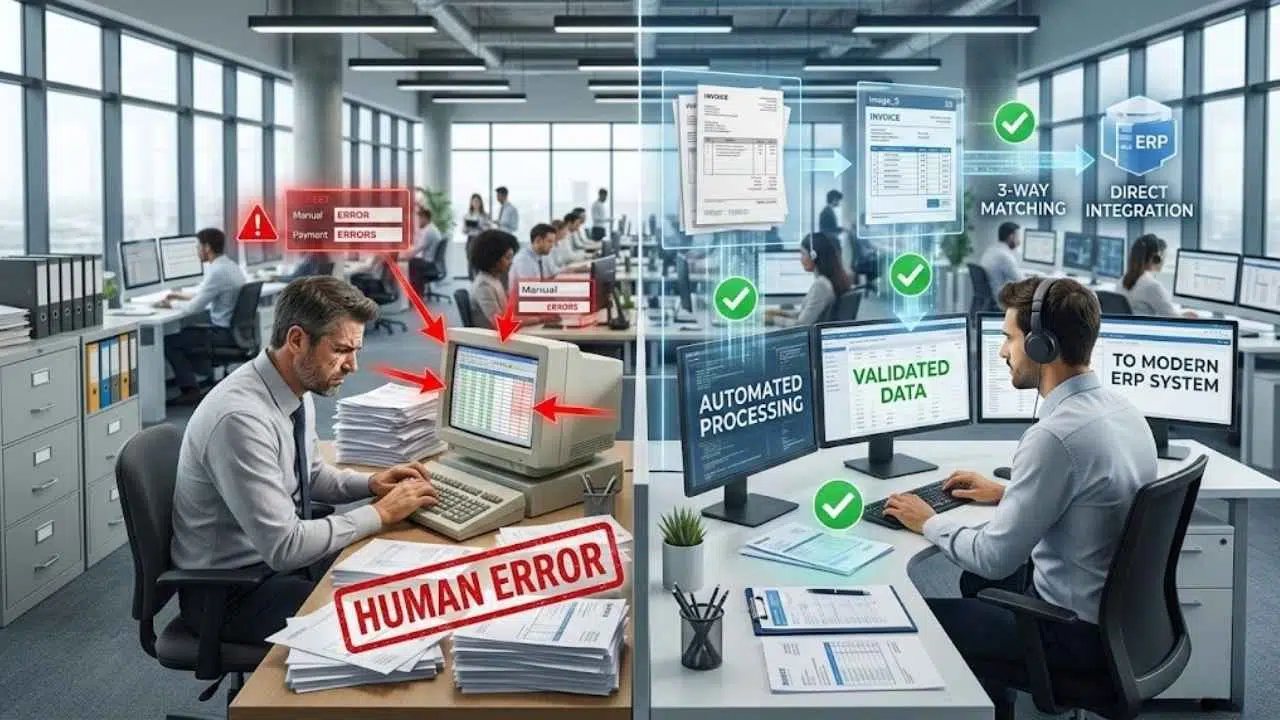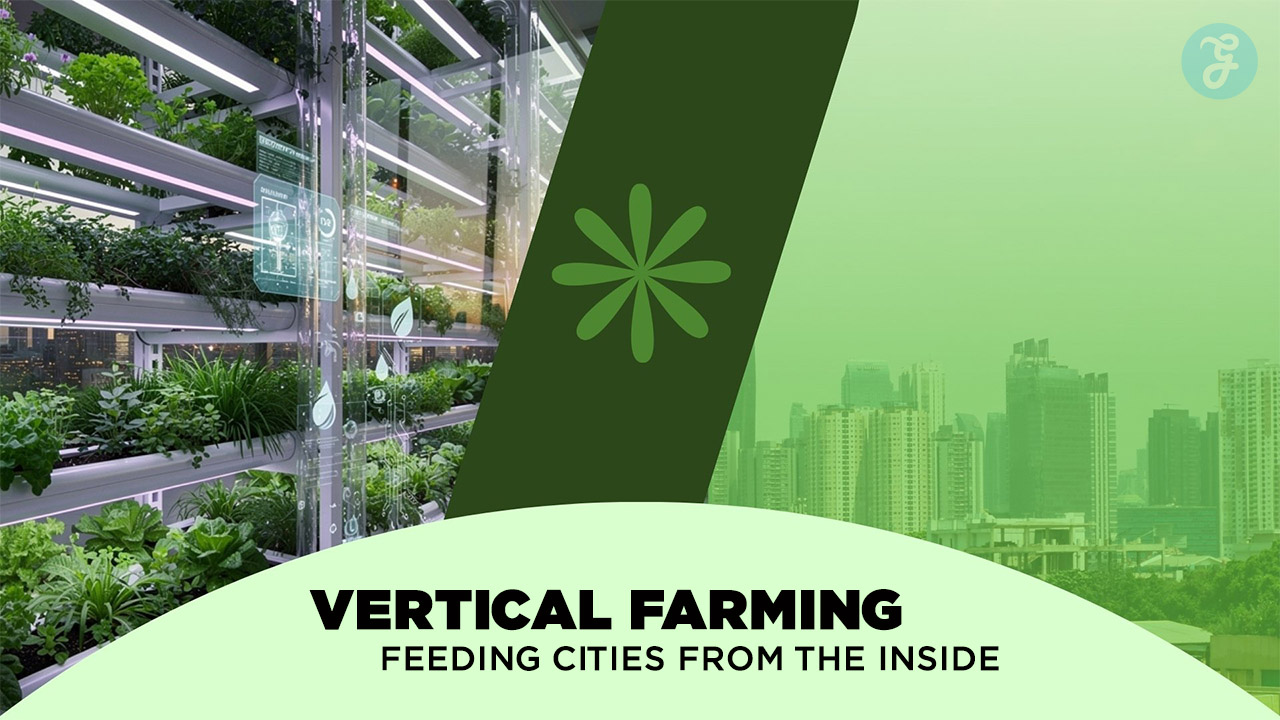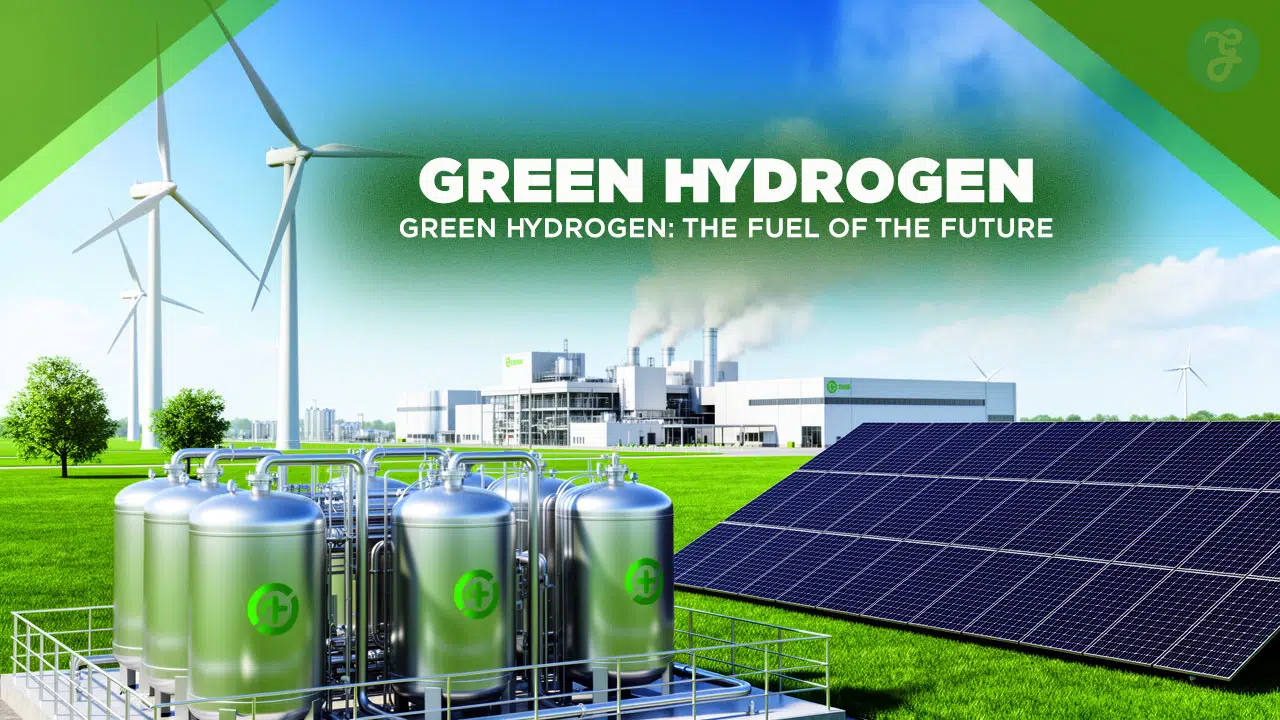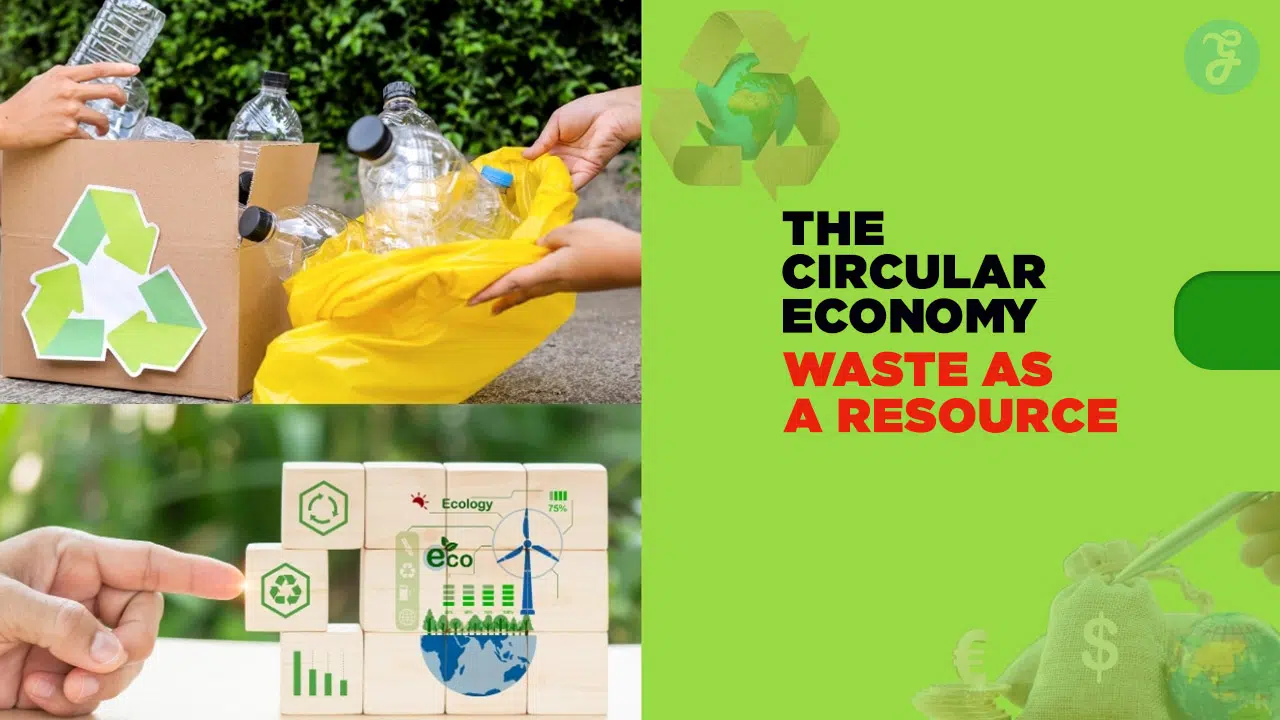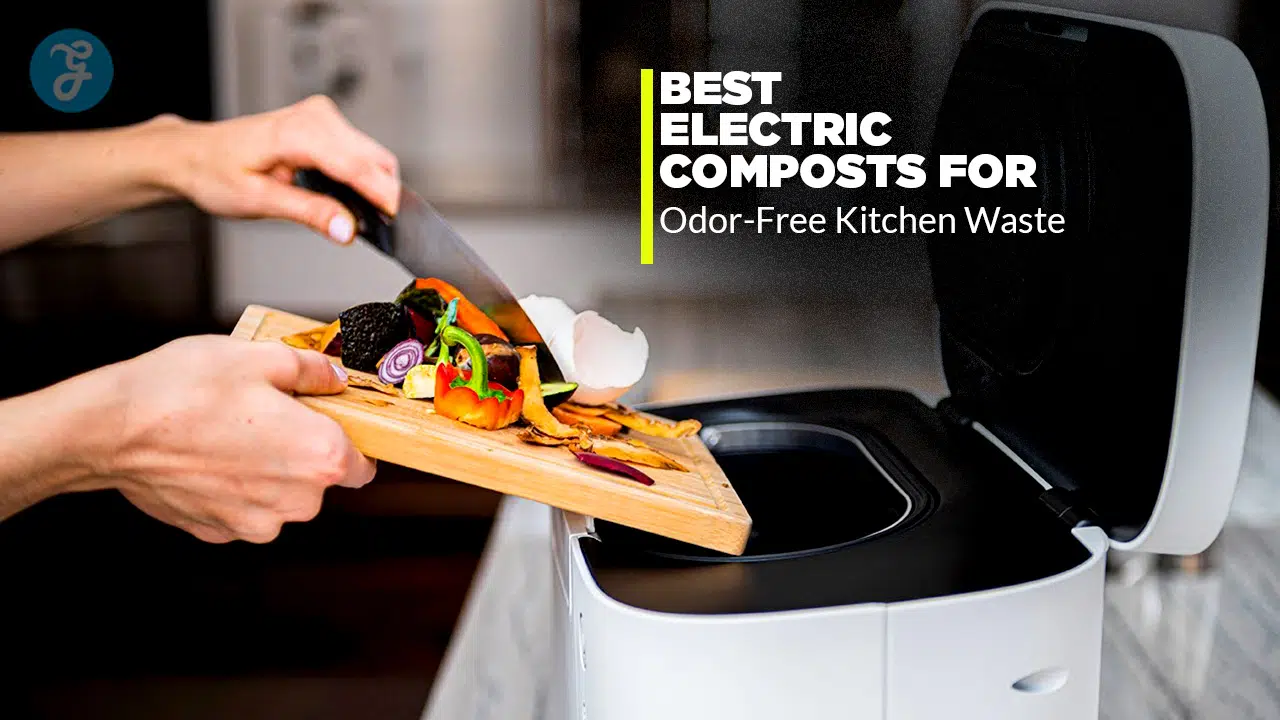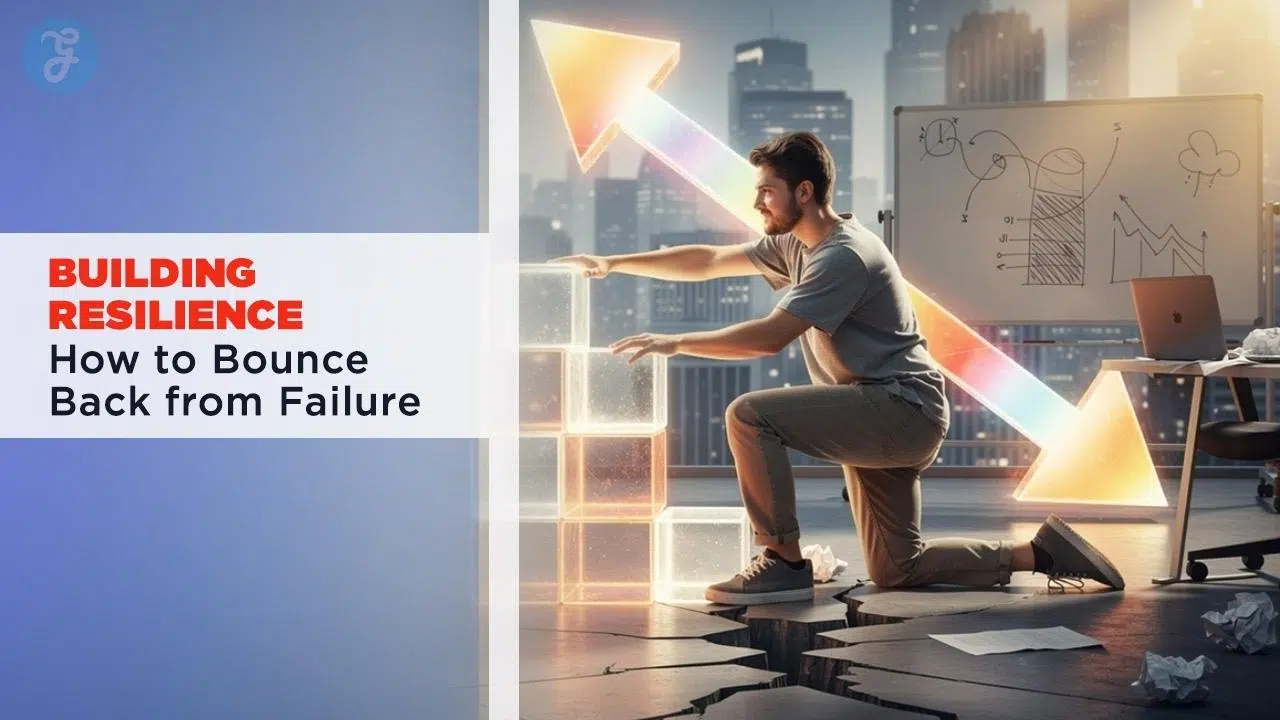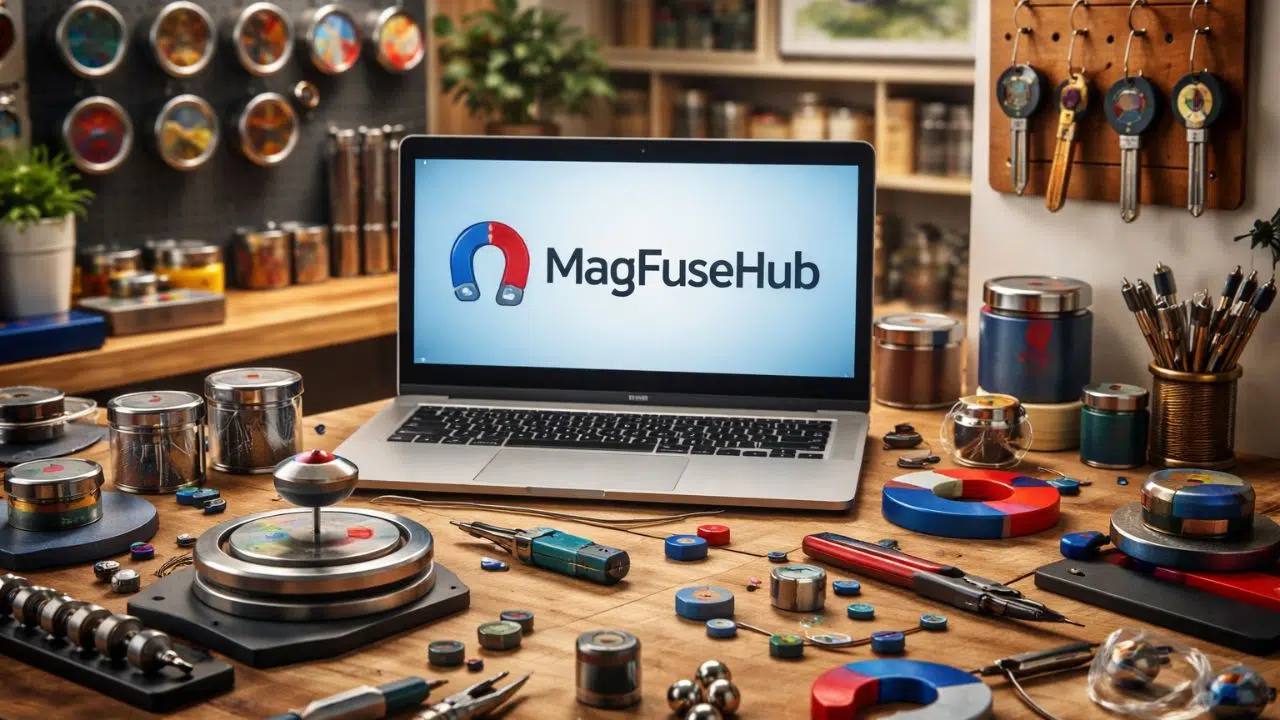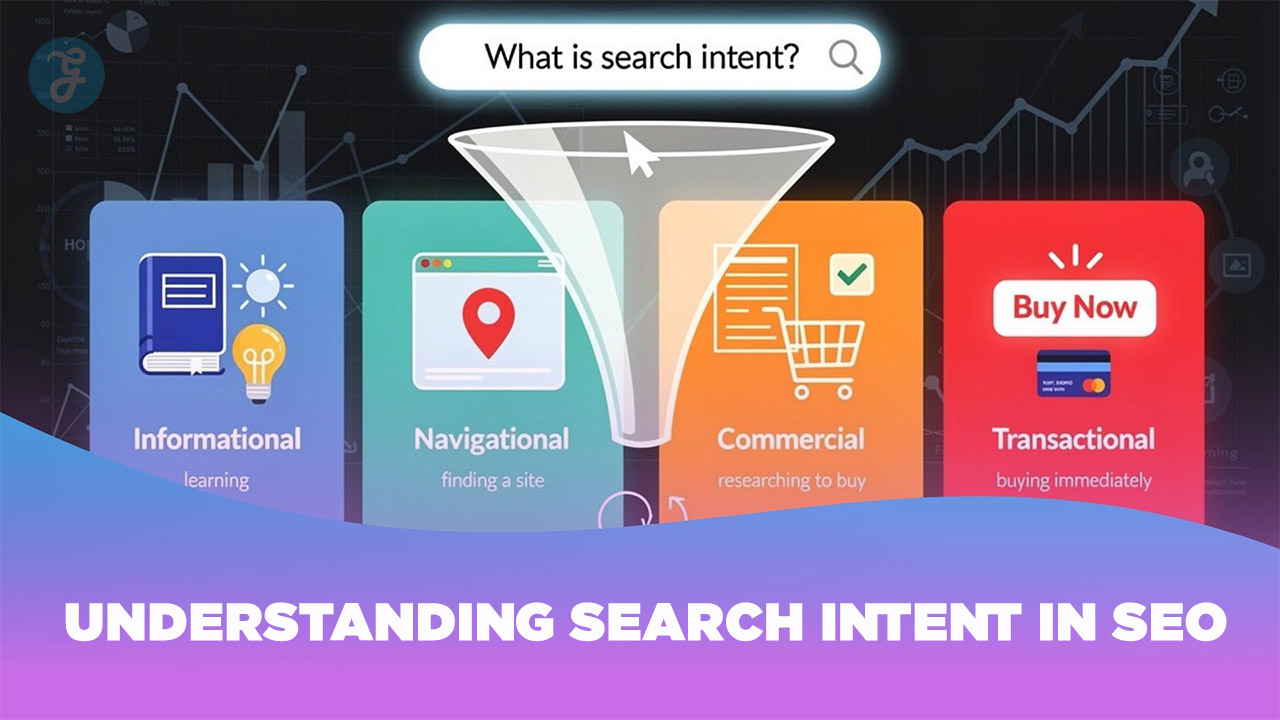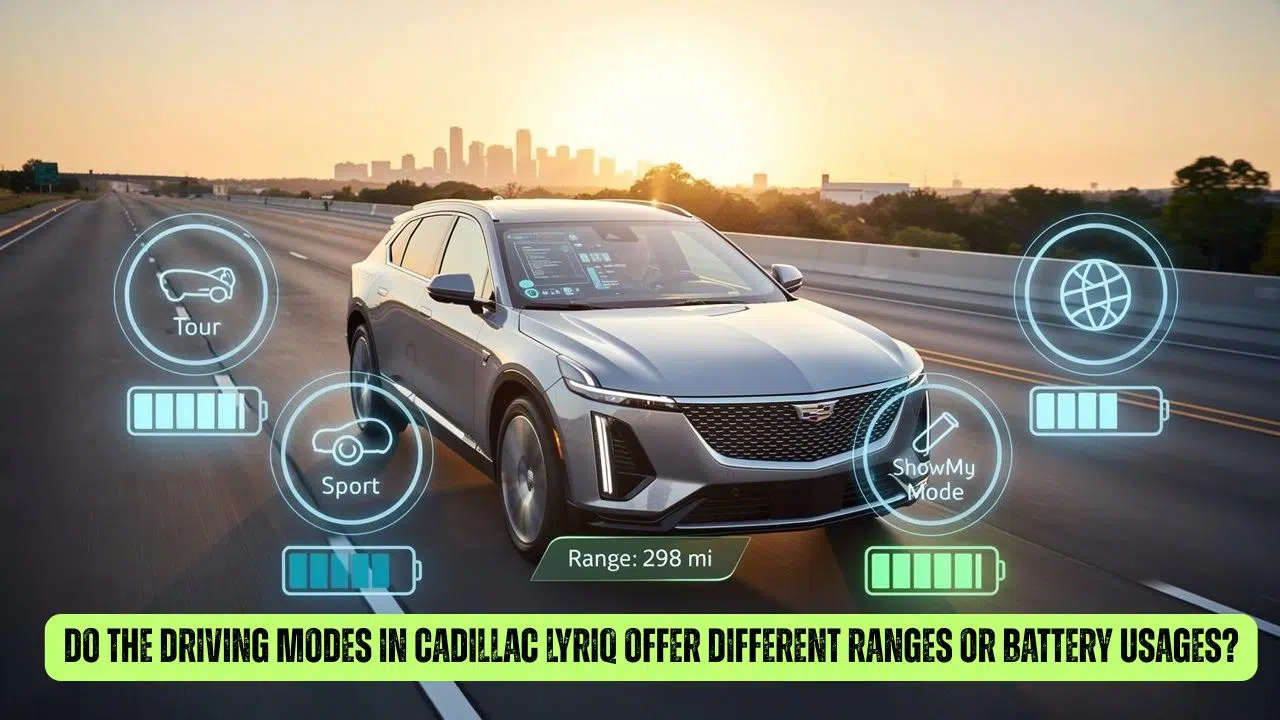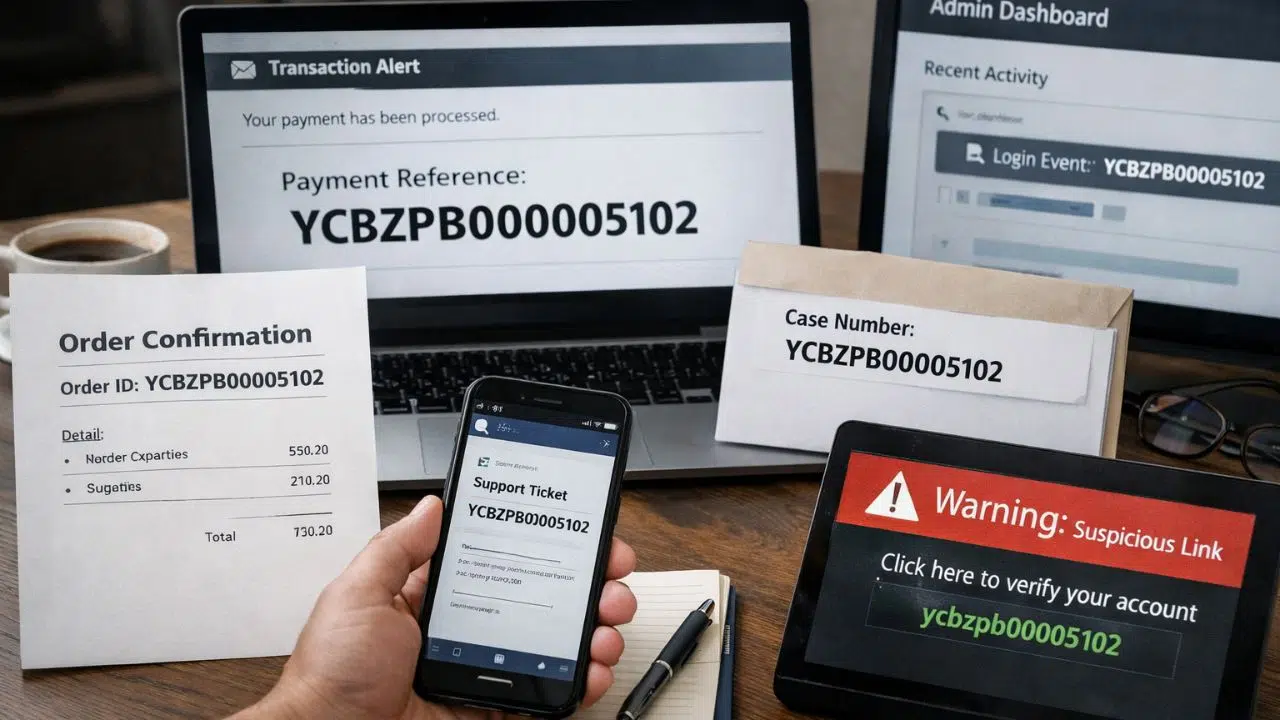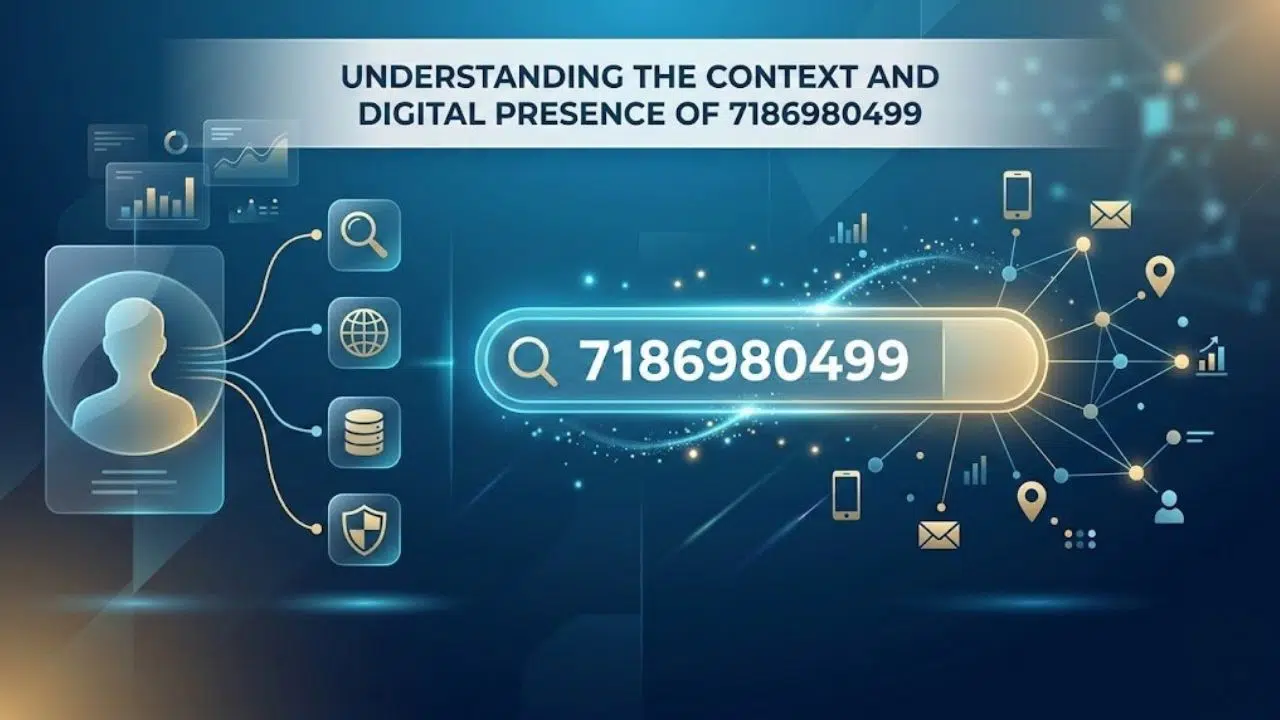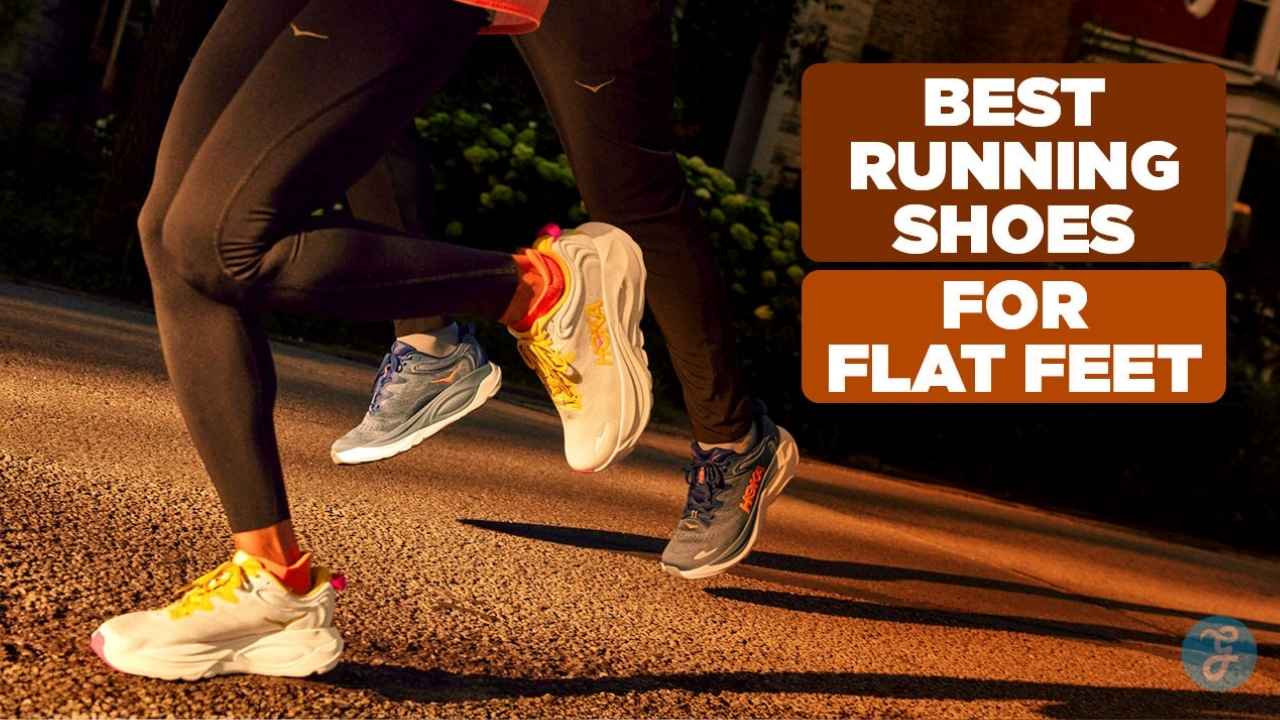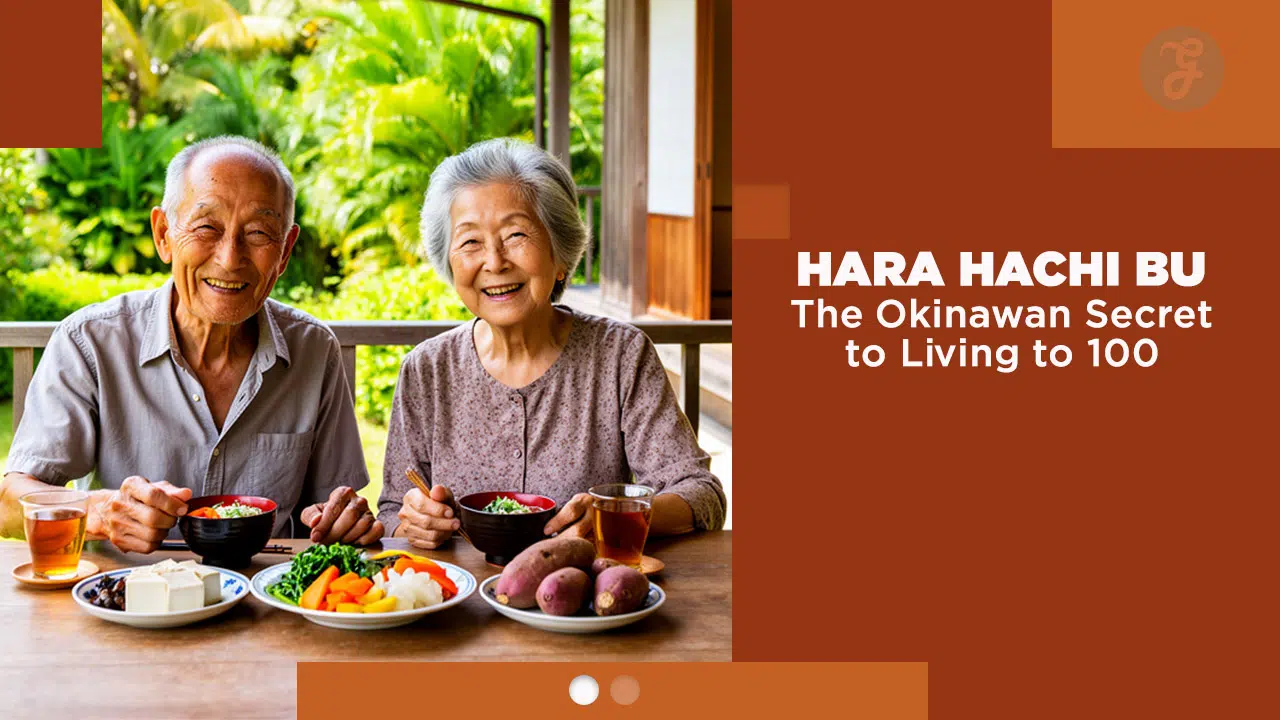Listen to Podcast:
One of the most valuable things we have is water. It makes up 60% of our bodies, and we use it to wash, drink, and cook, among other things. If you want to travel abroad, you should always know how to ask for food and drink in the local language. So, the topic of today’s post will be how to say water in Italian.
The most important thing in the world might be water. Because of this, it also means different things in different cultures. So, today you’ll not only learn how to say water in Italian, but you’ll also see a series of sayings and proverbs that could be useful in everyday life in Italy.
The Italian Word for Water
The word for water in Italian is acqua. It is said “ak-kwah” and comes from the Latin word for water, “aqua.” As you might have guessed, it is a female word, and the plural form is acque.
Now that we’ve talked about asking for food and drink, here’s the first phrase you should learn:
Posso avere un bicchiere d’acqua, per favore?
Can I have a glass of water, please?
If you’re going to Italy this winter, here’s another phrase you might find useful:
La doccia non manda acqua calda.
The shower has no hot water.
I hope you never have to use it, but if you do, at least you’ll know what to tell the handyman. And finally, here’s another standard sentence you should know, even though you won’t use it very often.
Andiamo, mi si sono rotte le acque.
Hurry up, my water broke.
Some Examples of How to Say Water in Italian
|
English |
Italian |
|
Is the water pure here? |
L’acqua è pura qui? |
|
How much water did you drink? |
Quant’acqua hai bevuto? |
|
The pool water is turquoise. |
L’acqua della piscina è turchese. |
|
I have enough water for today. |
Io ho abbastanza acqua per oggi. |
|
You will like the water slides. |
Ti piaceranno gli scivoli d’acqua. |
|
The water was totally clear. Davvero? |
L’acqua era del tutto trasparente. |
|
Really? Wasn’t the water too cold? |
L’acqua non era un po’ troppo fredda? |
|
Here is the glass of water. Here it is. |
Ecco il bicchiere d’acqua. Eccolo. |
|
Could I have some more water, please? |
Potrei avere ancora un po’ d’acqua, per favore? |
|
You used to stop to drink some water. |
Tu ti fermavi per bere un po’ d’acqua. |
|
I never drink bottled water. |
Non bevo mai l’acqua in bottiglia. |
|
You shower (yourself) with cold water. |
Tu ti fai la doccia con acqua fredda. |
|
I would like a big glass of water, please. |
Vorrei un grande bicchiere d’acqua, per favore. |
|
Is the water deep enough to dive? |
L’acqua è abbastanza profonda per tuffarsi? |
|
To get lost in a glass of water. |
Perdersi in un bicchiere d’acqua. |
|
I’m with water up to the throat. |
Sto con l’acqua alla gola. |
|
Like a fish out of water. |
Come un pesce fuor d’acqua. |
Sparkling Water in Italian – Let’s Break This Up!
Water that is “fizzing” is called “acqua frizzante,” while “carbonated water” is called “acqua gassata.” In English, these two phrases don’t mean the same thing. When you say “sparkling water,” you mean water that naturally has carbon dioxide in it. When you say “carbonated water,” you mean water that has carbon dioxide added to it.
In Italian, there is no such difference. Both acqua frizzante and acqua gassata can be used for carbonated water. If you want to emphasize that the bubbles in your water are natural, you can say “naturally sparkling water” (acqua effervescente naturale).
Acqua effervescente naturale
Naturally sparkling water
Acqua means nothing more than “water”. The adjective comes after the noun. Very few adjectives come before the noun in Italian. It’s not a mistake to change the order, but your sentences will sound stiff and old-fashioned if you do.
More Drinks Vocabulary in Italian
|
English |
Italian |
|
Water |
acqua |
|
Mineral Water |
L’acqua Minerale |
|
Drink |
La Bevanda |
|
Coffee |
Il Caffè |
|
Coke |
La Coca Cola |
|
Milk |
Il Latte |
|
Hot Chocolate |
La Cioccolata Calda |
|
Orange Juice |
Il Succo D’arancia |
|
Tea |
Il Tè |
|
Soda |
La Bevanda Gassata |
|
I Drink |
Io Bevo |
|
I Dislike |
Non Mi Piace |
|
Coconut Water |
L’acqua Di Cocco |
Is Water Safe to Drink in Italy?
Yes, that is the short answer. In Italy, it is safe to drink water from the tap. The tap water in Italy’s biggest cities and towns is safe to drink, and there are thousands of old-style water fountains all over cities like Rome where you can fill up your water bottles. In some very remote parts of Italy, the water might not be safe to drink. If a sign says “acqua non potabile,” this means that the water should not be drunk.
Bottled water is easy to find in stores, especially in tourist places, if you want to drink clean water. But if you buy water in plastic bottles, think about how that affects the environment. Instead, fill up a reusable bottle or canteen with water from your hotel for your day of sightseeing.
How Can I Get Free Water in Italy?
It’s a hot summer day, you’re sweating as you’ve never sweated before (trust me, summers can be like that, especially in the south), and you’re about to run out of water. Is buying a bottle the only thing you can do? Of course not!
You can drink fresh water for free from the “fontanelle” (drinking fountains) that are all over the city. So, I suggest you bring your own bottle so that you can fill it up with our good water whenever you want.
On the other hand, some water fountains might be closed in the winter. In this case, you can order a glass of tap water at any coffee shop. As was already said, it’s usually free, but some cafes might charge € 0.50 per glass.
Italian Proverbs about Water
Water is not only a very important part of our lives. It also has a lot to say about spirituality and philosophy. Its flow is often linked to time, and the fact that it is always changing makes people think of it in a lot of different ways.
Water can be clear, clean, calm, and save lives, but it can also be violent and kill a lot of people. So it shouldn’t be a surprise that it is used in many sayings and comparisons. Let’s look at a few.
It shows how important hospitality used to be to people in the past. Another nice proverb is:
Acqua cheta rompe i ponti.
Calm water can break bridges.
It means that if you work hard and don’t give up, you can do anything. It can also be used to describe people who are shy or quiet most of the time but can make a big difference when they finally speak up.
Another nice Italian proverb shows how important it is for water to flow constantly:
Acqua che corre non porta veleno.
The water that flows is not poisonous.
Stagnant water is not excellent to drink. This saying shows how important it is to change in life.
How is the Tap Water in Italy Treated?
Italy has a modern system of water treatment plants that meet most of the requirements of the EU water directive. This is especially true for water supplies to big cities, but there are strict rules about tap water everywhere. In Italy, water that is “fit for human consumption” must meet 64 microbiological, chemical, physical, and radiological limits set by law. These limits are in Legislative Decree 31/2001.
All of the reports on water quality that Italy’s water suppliers send out include a set of required parameters, but some also include more. In some cases, they report the average values, while in others, they report the lowest and highest values for a given time period. This makes it almost impossible to compare the different water sources.
The minimum amount of chlorine that must be in the tap water in Italy is 0.2 mg/l. Disinfection makes sure that no microorganisms get into the water as it moves through the distribution network. The amount of chlorine in the water changes depending on the time of year and the needs of the area. So, water tastes very different in different parts of Italy and at different times of the year. When the amount of chlorine in the water is high (0.5 mg/l or more) and the water is hard, the water usually tastes bad.
Can You Order Tap Water at an Italian Bar?
It is also rare to ask for tap water in an Italian bar, but not as rare as in a restaurant. If you’re in a place like Rome where the tap water is known to be good, most bars will be happy to serve you a glass.
If you are in a place where tap water doesn’t taste very good, the waiter may look surprised, warn you that it won’t taste of water very good, or even refuse to serve you water.
Why Does Italy Charge for Water?
Restaurants only charge for water because they need to cover their costs. The coperto is a fee that all Italian restaurants charge their customers. The price is clearly written on the menu, usually at the bottom, and ranges from €1.50 to €3.00, give or take, no matter how much you spend.
Even if you pay for water in Italy, you don’t have to leave a tip. If you’ve been served with a lot of care and kindness, a tip is very much appreciated. But you are the only one who can decide.
Conclusion
Now that you know and understand that “acqua” is the most common way to say water in Italian, it’s time to learn how to say water in Italian. This should give you a little push to start learning Italian today.
Frequently Asked Questions (FAQs) about Water in Italian
What is water called in Italy?
Water in italian is called acqua, and it is a female noun. Mi porti un bicchiere d’acqua per favore?
Can you drink tap water in Pisa?
Yes, you can drink the water from the tap in Italy. Around Pisa, there are a number of free drinking fountains that you can use.
Is Aqua Italian for Water?
The word for Water is acqua. It is said “ak-kwah” and comes from the Latin word for water, “aqua.” As you might have guessed, it is a female word, and the plural form is acque.
How do you ask for tap water in Italy?
If you want tap water, you should tell the wait staff at a restaurant or bar that you want “acqua di rubinetto” (water from the sink).
Is water free in Italy?
You do have to pay for water, that’s true. (You can ask for “acqua dal rubinetto,” which means “water from the sink,” but it’s usually considered rude. Also, if your waiter refills those glasses of tap water at all, it will take a long time.
Can you get free water in Italy?
Nearly every country in Europe believes that everyone has the right to free water, and Italy is no exception.
Is it rude to ask for tap water in Italy?
In all of Italy, tap water is safe to drink, and you can ask for it if you want to. However, most people don’t, and your waiter might not want to bring it to you.


